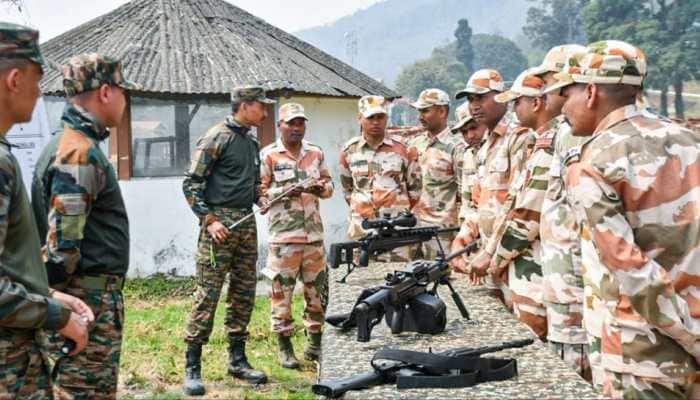India’s Ministry of Home Affairs has directed all states and Union Territories to conduct extensive civil defence exercises across 244 designated districts on May 7, marking the most significant mobilisation of its kind since the 1971 war. The directive follows heightened security concerns after a deadly attack in Pahalgam, Kashmir, that claimed 26 lives, and amid escalating tensions with Pakistan.
The drills will encompass air raid siren tests, blackout simulations, civilian evacuation rehearsals, and the camouflaging of critical infrastructure. The exercises aim to bolster public preparedness for potential hostile actions, with training extending to schools and community centres. Officials have been instructed to rehearse emergency protocols down to the village level, ensuring comprehensive coverage.
Union Home Secretary Govind Mohan is scheduled to convene a virtual meeting with Chief Secretaries of all states on May 6 to review preparedness and coordination efforts. The Directorate General of Civil Defence will oversee the implementation of the drills, which are designed to test the operational readiness of both civilian and administrative responses to wartime scenarios.
The decision to initiate these drills comes amid a series of retaliatory measures between India and Pakistan following the April 22 attack in Pahalgam. India has accused Pakistan of supporting the assailants, a claim Islamabad denies. In response, both nations have expelled diplomats, suspended airspace access, and halted trade and communication links. Cross-border firing along the Line of Control has been reported nightly, though no casualties have been confirmed.
Pakistan has conducted multiple missile tests, including the Abdali surface-to-surface ballistic missile with a range of 450 kilometers, citing the need to validate operational readiness. India has responded with increased military activity, including naval anti-ship strike exercises and the Indian Air Force’s ‘Exercise Aakraman’, involving Rafale and Su-30MKI fighter jets.
The international community has expressed concern over the escalating situation. The United Nations and China have called for restraint and peaceful resolution, while Iran has offered to mediate. Russian President Vladimir Putin has conveyed solidarity with India and condemned the Kashmir attack during a call with Prime Minister Narendra Modi.
Moody’s has warned that the standoff threatens Pakistan’s ongoing economic recovery, including its $7 billion IMF bailout, and may impair its access to external funding. India, with limited economic ties to Pakistan, faces potential impacts from increased defence spending.
The civil defence drills are intended to enhance emergency preparedness and ensure swift, coordinated responses during emergencies. The Ministry of Home Affairs has emphasised the importance of public awareness and participation in the exercises, urging citizens to cooperate fully with local authorities.




 Madhya Pradesh Congress Plans Big Party Conclave In Jabalpur In August
Madhya Pradesh Congress Plans Big Party Conclave In Jabalpur In August 